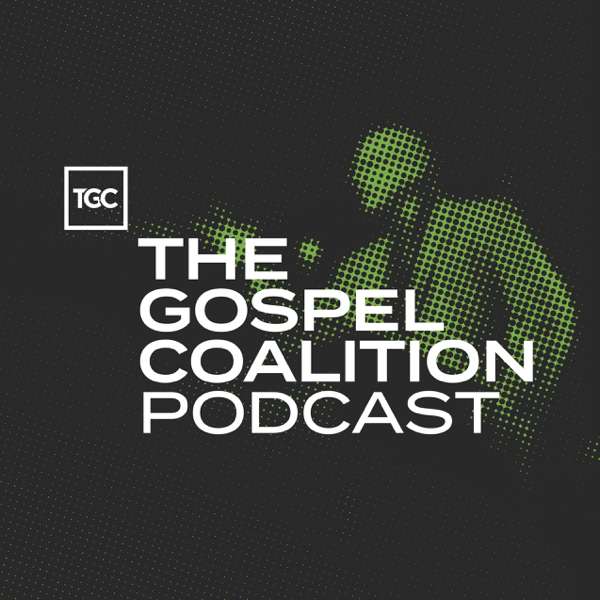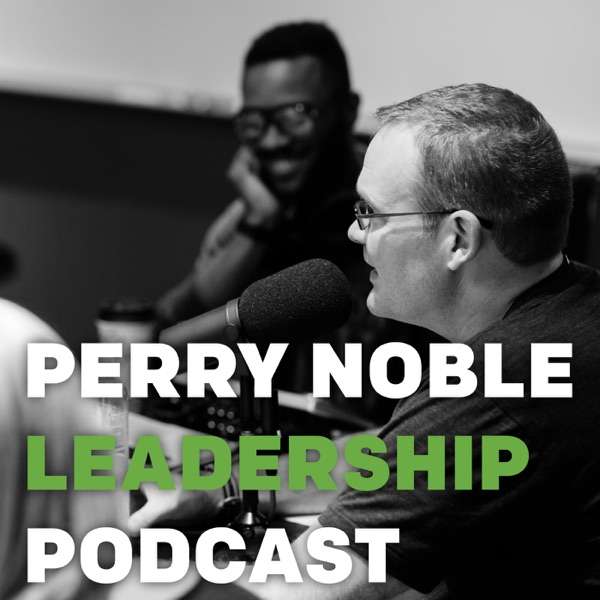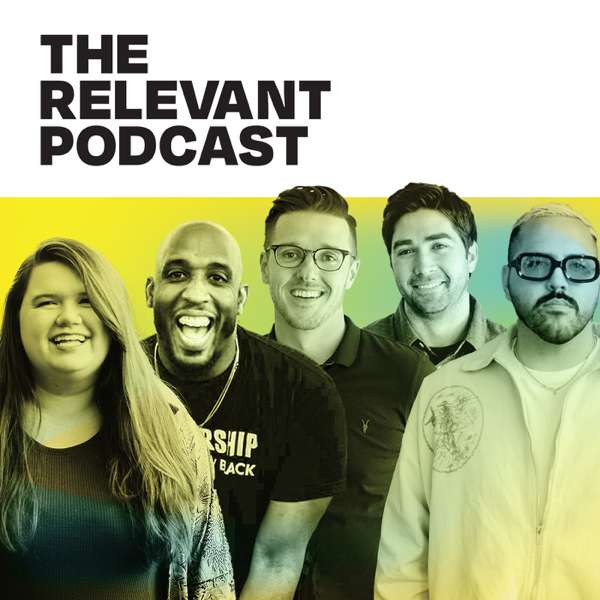The way we think about physical expression in our Sunday gatherings is often shaped more by culture, tradition, preference, or temperament than the Word of God. In this episode, part 2 of 3, Bob and David look at what the Bible says about physical expressiveness in congregational worship and respond to each of the concerns expressed in the first episode. And buckle up – this is a long one.
Scriptures and resources referenced in this episode:
“then the LORD God formed the man of dust from the ground and breathed into his nostrils the breath of life, and the man became a living creature.” (Genesis 2:7, ESV)
“I appeal to you therefore, brothers, by the mercies of God, to present your bodies as a living sacrifice, holy and acceptable to God, which is your spiritual worship.” (Romans 12:1, ESV)
“as it is my eager expectation and hope that I will not be at all ashamed, but that with full courage now as always Christ will be honored in my body, whether by life or by death.” (Philippians 1:20, ESV)
“But our citizenship is in heaven, and from it we await a Savior, the Lord Jesus Christ, who will transform our lowly body to be like his glorious body, by the power that enables him even to subject all things to himself.” (Philippians 3:20–21, ESV)
“you shall say, ‘It is the sacrifice of the LORD’s Passover, for he passed over the houses of the people of Israel in Egypt, when he struck the Egyptians but spared our houses.’ ” And the people bowed their heads and worshiped.” (Exodus 12:27, ESV)
“Then Job arose and tore his robe and shaved his head and fell on the ground and worshiped.” (Job 1:20, ESV)
“And Ezra opened the book in the sight of all the people, for he was above all the people, and as he opened it all the people stood. And Ezra blessed the LORD, the great God, and all the people answered, “Amen, Amen,” lifting up their hands. And they bowed their heads and worshiped the LORD with their faces to the ground.” (Nehemiah 8:5–6, ESV)
“And Nehemiah, who was the governor, and Ezra the priest and scribe, and the Levites who taught the people said to all the people, “This day is holy to the LORD your God; do not mourn or weep.” For all the people wept as they heard the words of the Law.” (Nehemiah 8:9, ESV)
“Clap your hands, all peoples! Shout to God with loud songs of joy!” (Psalm 47:1, ESV)
“addressing one another in psalms and hymns and spiritual songs, singing and making melody to the Lord with your heart,” (Ephesians 5:19, ESV)
“Oh come, let us worship and bow down; let us kneel before the LORD, our Maker!” (Psalm 95:6, ESV)
“Lift up your hands to the holy place and bless the LORD!” (Psalm 134:2, ESV)
“And I saw what appeared to be a sea of glass mingled with fire—and also those who had conquered the beast and its image and the number of its name, standing beside the sea of glass with harps of God in their hands.” (Revelation 15:2, ESV)
“Let them praise his name with dancing, making melody to him with tambourine and lyre!” (Psalm 149:3, ESV)
“You who fear the LORD, praise him! All you offspring of Jacob, glorify him, and stand in awe of him, all you offspring of Israel!” (Psalm 22:23, ESV)
“Therefore my heart is glad, and my whole being rejoices; my flesh also dwells secure.” (Psalm 16:9, ESV)
“And the twenty-four elders and the four living creatures fell down and worshiped God who was seated on the throne, saying, “Amen. Hallelujah!”” (Revelation 19:4, ESV)
“The inward attitude certainly holds first place in prayer, but outward signs, kneeling, uncovering the head, lifting up the hands, have a twofold use. The first is that we may employ all our members for the glory and worship of God; secondly, that we are, so to speak, jolted out of our laziness by this help. There is also a third use in solemn and public prayer, because in this way the sons of God profess their piety, and they inflame each other with reverence of God. But just as the lifting up of the hands is a symbol of confidence and longing, so in order to show our humility, we fall down on our knees.” (John Calvin, commentary on Acts 20:36)
“Therefore let us be grateful for receiving a kingdom that cannot be shaken, and thus let us offer to God acceptable worship, with reverence and awe,” (Hebrews 12:28, ESV)
“With reverence and awe” isn’t the only stipulation God puts on our worship. God also highlights celebration, rejoicing, shouting, jubilation, enthusiasm, whole-heartedness.
“My lips will shout for joy, when I sing praises to you; my soul also, which you have redeemed.” (Psalm 71:23, ESV)
“My heart is steadfast, O God! I will sing and make melody with all my being! Awake, O harp and lyre! I will awake the dawn!” (Psalm 108:1–2, ESV)
“So with yourselves, since you are eager for manifestations of the Spirit, strive to excel in building up the church.” (1 Corinthians 14:12, ESV)
“Let all things be done for building up.” (1 Corinthians 14:26, ESV)
Have a question about this episode? Shoot us an email at soundplusdoctrine@sovereigngrace.com
Follow us
Website: https://sovereigngracemusic.com
Facebook: https://www.facebook.com/SovereignGraceMusic
Instagram: https://www.instagram.com/sovgracemusic
Twitter: https://twitter.com/SovGraceMusic
#soundplusdoctrine #sovereigngracemusic

 Our TOPPODCAST Picks
Our TOPPODCAST Picks  Stay Connected
Stay Connected







